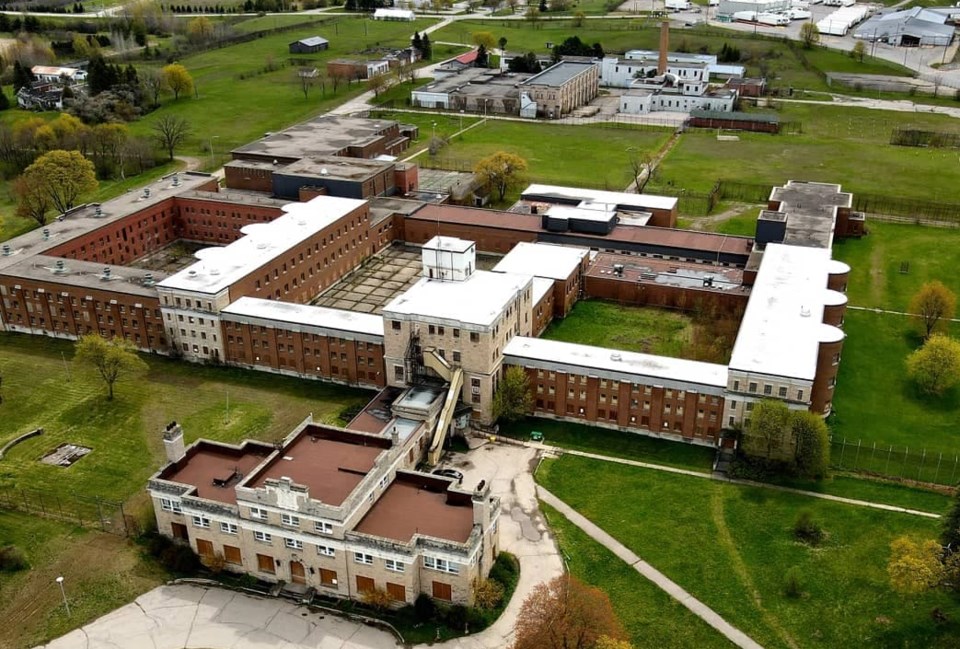Efforts to establish a national urban park in Guelph have received a “game-changing endorsement,” say proponents, pointing to the backing of the Mississaugas of the Credit First Nation.
Chief Claire Sault has penned a letter of support for the initiative, which would see the former Ontario Reformatory lands along York Road declared a national urban park by the federal government, which could see it preserved and maintained as publicly accessible property.
“We appreciate the work Urban Park Guelph is undertaking to illustrate the history of injustice, system racism, intergenerational trauma and disproportionate incarceration at the former Guelph Correctional Centre and throughout Canada,” states the letter.
“This place offers a profound opportunity for healing, conservation, restoration and a connection to nature.”
One of the criteria under the National Urban Park Program is that selected sites not only have the support of Indigenous partners, but work alongside them to provide space for Indigenous stewardship, promote Indigenous voices and stories, and offer connections to the lands and waters, as explained by Parks Canada which oversees the program.
“The Mississaugas of the Credit First Nation is the first government to recognize and support the project. We know this will open doors to authentic conversations and truly advance healing and reconciliation,” said Urban Park Guelph spokesperson P. Brian Skerrett in a news release, noting the group is excited to share information it’s been uncovering about the former reformatory.
“There are important stories to tell on this site, especially surrounding the Native Sons organization. But they aren’t our stories to appropriate. With this guidance, we’ve begun sharing material on our Facebook page and hope that bringing stories of the past to light informs our current conversations.”
The Native Sons was a group of Indigenous inmates who used a lower assembly hall room for a variety of culturally significant activities, including artwork that remains inside the closed facility.
The urban park plan has been endorsed by more than 20 local organizations, as well as Wildlands League, a not-for-profit charity and environmental conservation organization.
“The Guelph site has so many ingredients for a national urban park,” said Anna Baggio, Wildlands League’s conservation director, in the release. “It is within one of the most ecologically diverse and least protected regions in Canada. It has huge public endorsement and could play a critical role in reconciliation with Indigenous peoples.”
“The significance of these endorsements can’t be overstated,” said Skerrett.
Parks Canada launched a program in 2021 to help support the creation of a network of 15 urban parks across Canada.
“We call on the federal government, the provincial government and the City of Guelph to work with Urban Park Guelph and the Mississaugas of the Credit toward this goal,” said Sault in a letter of support. “We look forward to being one of the governments developing, guiding and managing this future National Urban Park that contributes to a long-term positive legacy.”
A petition in support of the Urban Park Guelph proposal has garnered more than 1,000 signatures; it closes Jan. 18.



.png;w=120;h=80;mode=crop)